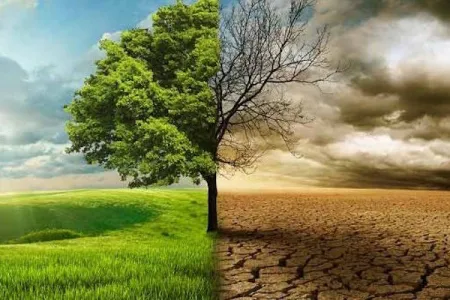A new five-year work programme was unveiled on Tuesday at COP27 by senior representatives from many states, the United Nations Environment Programme (UNEP), and the United Framework Convention on Climate Change (UNFCCC) to support climate technology solutions in developing nations.
The project to hasten the deployment of game-changing climate technologies that are urgently required to address global warming was unveiled by the Technology Executive Committee (TEC) and Climate Technology Centre and Network (CTCN), the two bodies of the Technology Mechanism under the UNFCCC and Paris Agreement.
The 2023–2027 work period is covered by the new mechanism. It calls for the implementation of particular collaborative TEC and CTCN initiatives, such as the development of technology roadmaps, work on gender and technology issues, National Determined Contributions (NDCs), and digitalization, among others.
In her remarks, the Executive Director of UNEP, Inger Andersen said: “The launch of this joint work programme is an important opportunity for us to step up rapidly efforts to deploy technology to address mitigation and adaptation.”
Read also: Climate Change: Lagos govt rallies young students
Also speaking, UNFCCC’s Executive Secretary, Simon Stiell, noted: “Time is running out to achieve the key goals of the Paris Agreement. The rapid scaling up and effective transfer of climate technologies are imperative to limit the global average temperature rise to 1.5 Degrees Celsius and to build resilience to climate change. A reinvigorated technology mechanism is needed, to unlock appropriate climate technologies everywhere in the world, and that is what this new work programme is designed to achieve.”
According to The Guardian, technology was highlighted as an enabler to expedite mitigation and create successful adaption solutions in the IPCC’s Sixth Assessment Report (IPCC AR6) and contributions from Working Group III (IPCC WG III) on Mitigation of Climate Change.
The assessment pointed out several key areas with high potential for emission reductions, such as cities/urban areas, industry, agriculture, forestry, and land use change, and stated that limiting global warming would require significant transitions in primary sectors and areas, including energy and cities.
The programme marks a critical turning point for the technological mechanism and ushers in a new phase of climate technology research and development under the Convention and Paris Agreement, and the United States has already announced a contribution of $3 million to support the implementation of the Joint Work Programme.
This story was adapted from The Guardian.
